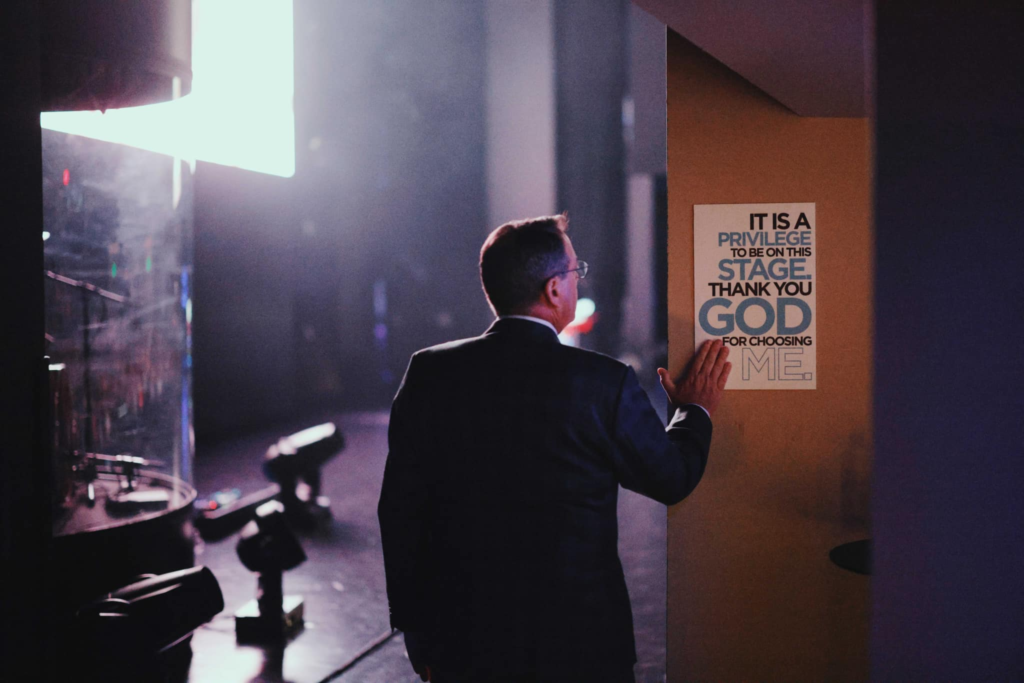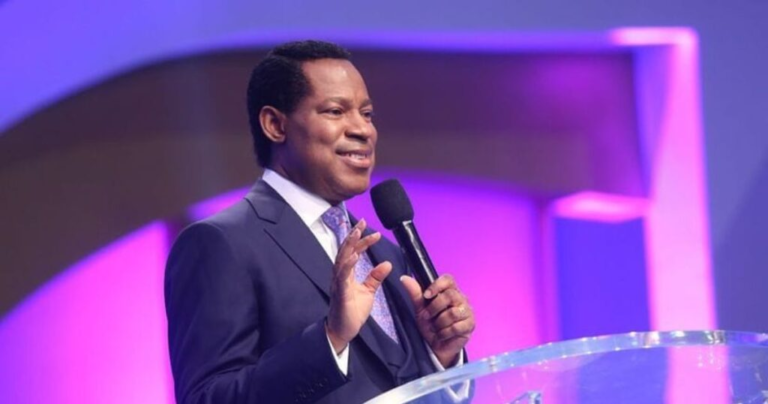The Pastor Chris Hodges scandal has been a topic of considerable discussion within the Christian community and beyond. As the lead pastor of the Church of the Highlands, one of the largest churches in the United States, Hodges’ actions and subsequent apology have sparked debates on race, leadership, and the responsibilities of public figures. This article aims to provide a detailed account of the controversy, its impact, and Pastor Hodges’ response.
The Genesis of the Controversy
The Pastor Chris Hodges scandal erupted in May 2020 amidst the heightened racial tensions following the death of George Floyd. Many social media posts by Hodges, including “likes” and retweets of content by a controversial political figure, were deemed racially insensitive by many. These actions led to accusations of racism and insensitivity, causing a significant backlash from the community and members of his congregation.
The content in question was associated with Charlie Kirk, a conservative commentator known for his provocative views on social issues. Hodges’ engagement with Kirk’s posts was seen as an endorsement of these views, which many felt were contrary to the inclusive and loving message that should be promoted by a faith leader.

The Immediate Reaction
The initial reaction to the Pastor Chris Hodges scandal was swift and intense. Congregants, community members, and the broader public expressed their disappointment and anger through various channels. Social media platforms were flooded with comments condemning Hodges’ actions, and calls for accountability grew louder. The controversy also drew the attention of mainstream media, further amplifying the situation.
One of the most significant immediate consequences was the Birmingham Board of Education’s decision to cut ties with the Church of the Highlands. The church had been providing services at several public schools in Birmingham, and the board’s decision directly responded to the scandal. This move underscored the severity of the situation and highlighted the broader impact of Hodges’ actions on the community.
The Apology and Public Response
In the wake of the backlash, Pastor Chris Hodges issued a public apology. In a video message to his congregation, Hodges expressed deep remorse for his actions and acknowledged the hurt they had caused.
He clarified that his “likes” were not meant to endorse the views expressed but admitted his actions were thoughtless and insensitive. Hodges emphasized his commitment to understanding and addressing the issues of racism and inequality.
Hodges’ apology included a promise to engage in deeper conversations about race and to work toward reconciliation and healing within his community. He stated, “I have hurt people I love deeply because I liked multiple insensitive social media posts. Each one was a mistake. I own it. I’m sorry. I do not intend to be hurtful, but I realize that my actions were. I apologize, and I sincerely ask for your forgiveness.”

Community Reaction to the Apology
The response to Pastor Chris Hodges’ apology was mixed. Some Church of the Highlands and the broader community members appreciated his humility and willingness to take responsibility. They saw his apology as a genuine effort to make amends and move forward positively. These supporters argued that everyone makes mistakes and that Hodges’ openness about his shortcomings was a testament to his character.
However, others felt that the apology was insufficient. Critics argued that simply issuing an apology did not address the deeper issues of racial insensitivity and lack of awareness. They called for more concrete actions and systemic changes within the church to ensure that such incidents would not happen again. The skepticism was rooted in a broader distrust of public apologies, which are often seen as performative rather than transformative.
Long-Term Impact on the Church and Community
The long-term impact of the Pastor Chris Hodges scandal on the Church of the Highlands and the broader community is multifaceted. For the church, the scandal served as a wake-up call to address issues of diversity and inclusion more proactively.
Since then, church leadership has embarked on several initiatives aimed at fostering a more inclusive environment. These efforts include hosting forums on racial reconciliation, increasing support for minority communities, and ensuring that church practices reflect a commitment to equality and justice.
For the broader community, the scandal highlighted the pervasive nature of racial issues and the importance of holding public figures accountable. It sparked important conversations about the role of religious leaders in promoting social justice and the need for greater awareness and sensitivity in their actions. The incident also served as a reminder that social media activity, even seemingly benign interactions, can have significant real-world consequences.
Lessons Learned and Moving Forward
The Pastor Chris Hodges scandal provides several valuable lessons for religious leaders, public figures, and communities at large.
Firstly, it underscores the importance of mindfulness in social media interactions. Leaders, especially those with significant followings, must be acutely aware of how their online behavior can be perceived and the potential impact it can have.
Secondly, the scandal highlights the need for continuous education and awareness on race and social justice issues. It is not enough to issue apologies after the fact; proactive steps must be taken to understand and address these issues. This includes engaging in difficult conversations, listening to marginalized voices, and implementing policies that promote inclusivity and equality.
Finally, the incident emphasizes the power of community and accountability. The swift and vocal response from the community played a crucial role in addressing the issue and pushing for change. It demonstrates that communities have the power to hold their leaders accountable and to demand better.

Conclusion
The Pastor Chris Hodges scandal was significant for the Church of the Highlands and the broader community. It brought to light important issues of racial sensitivity and the responsibilities of public figures. While Hodges’ apology was a critical first step, the true measure of its impact will be seen in the actions taken by the church and its leaders moving forward.
As the Church of the Highlands continues to navigate the scandal’s aftermath, it serves as a case study in the complexities of modern leadership, the challenges of social media, and the ongoing struggle for racial justice. The lessons learned from this incident are relevant not only to religious institutions but also to all organizations and leaders striving to create a more inclusive and equitable society.


